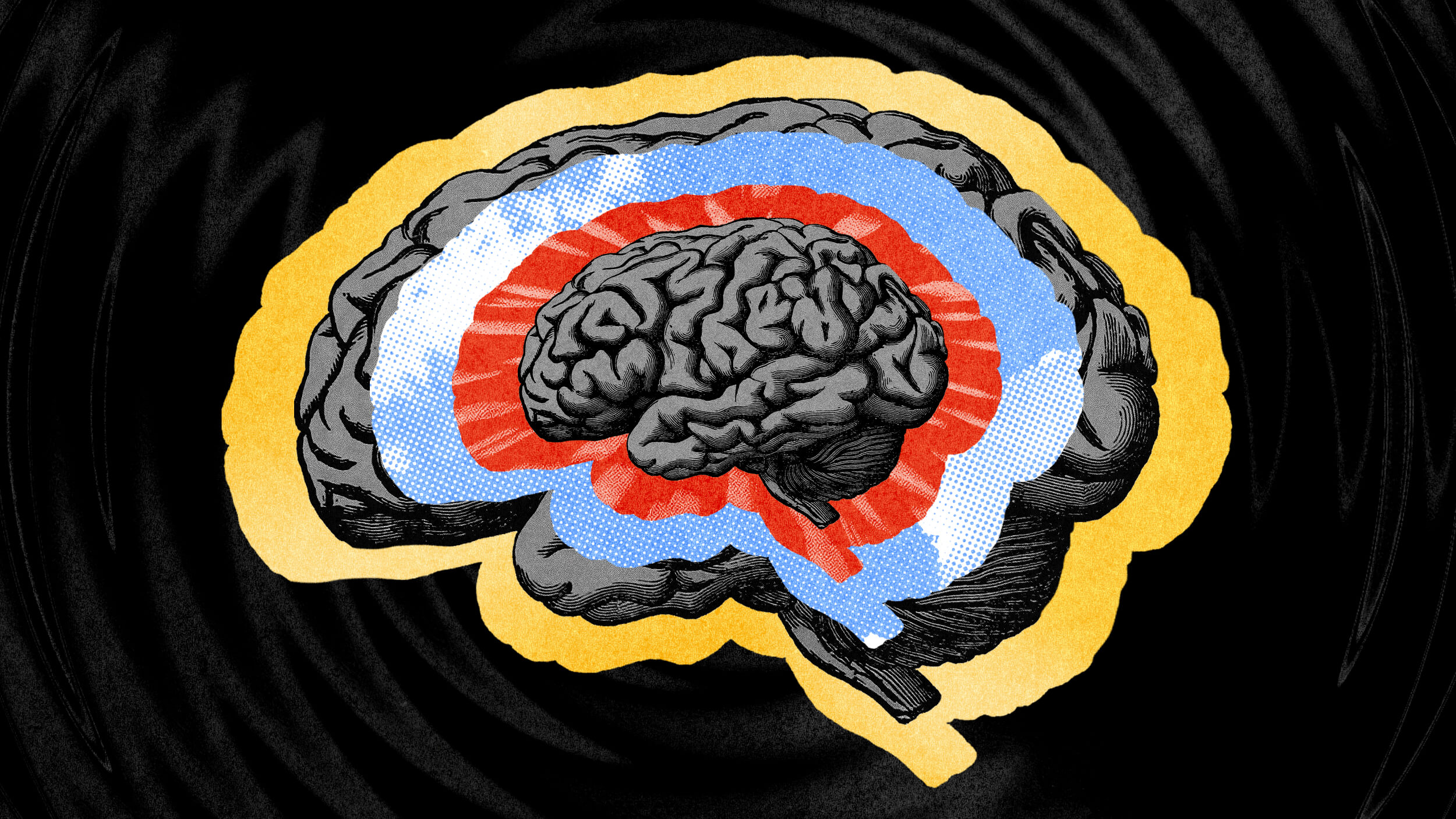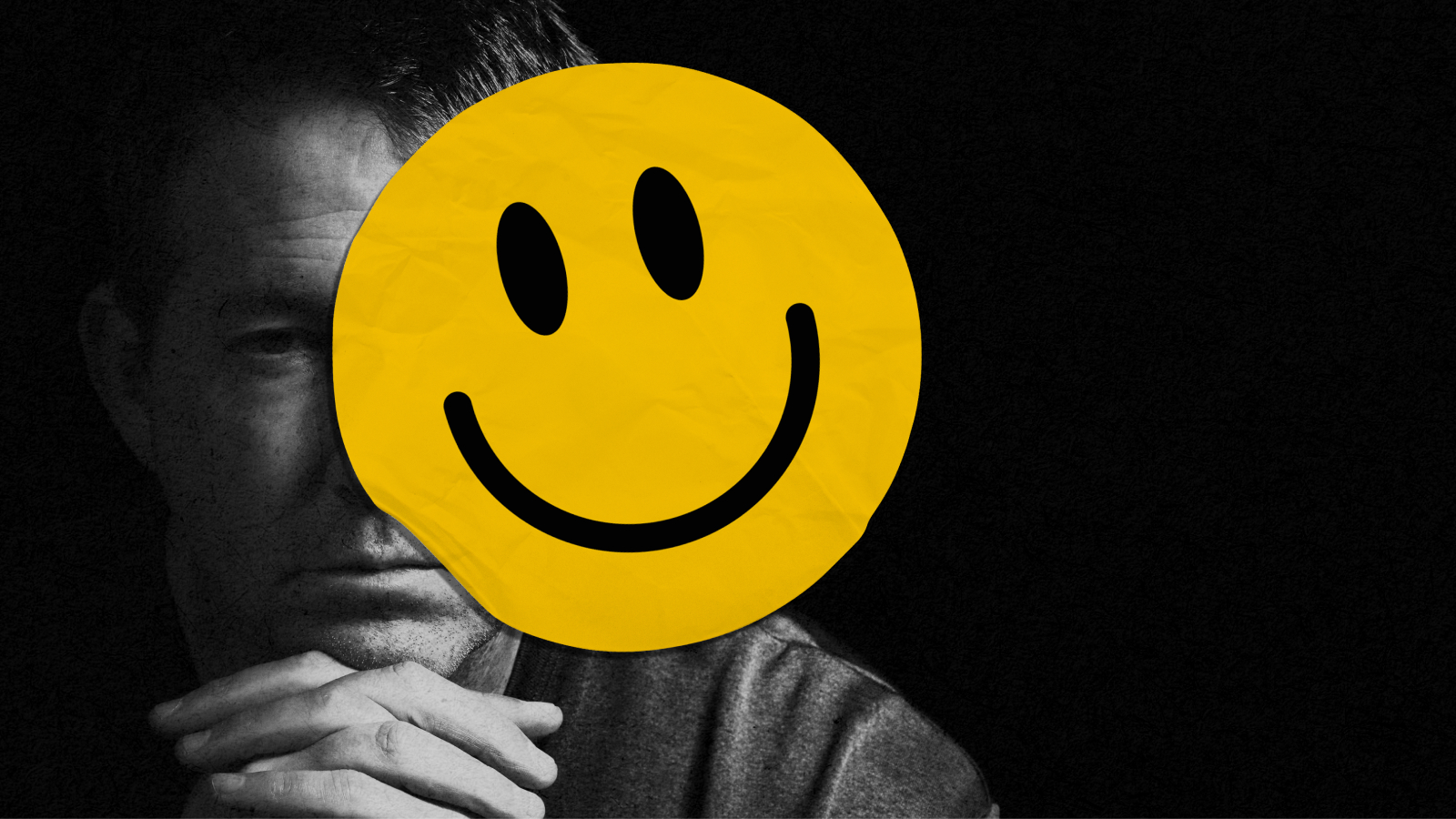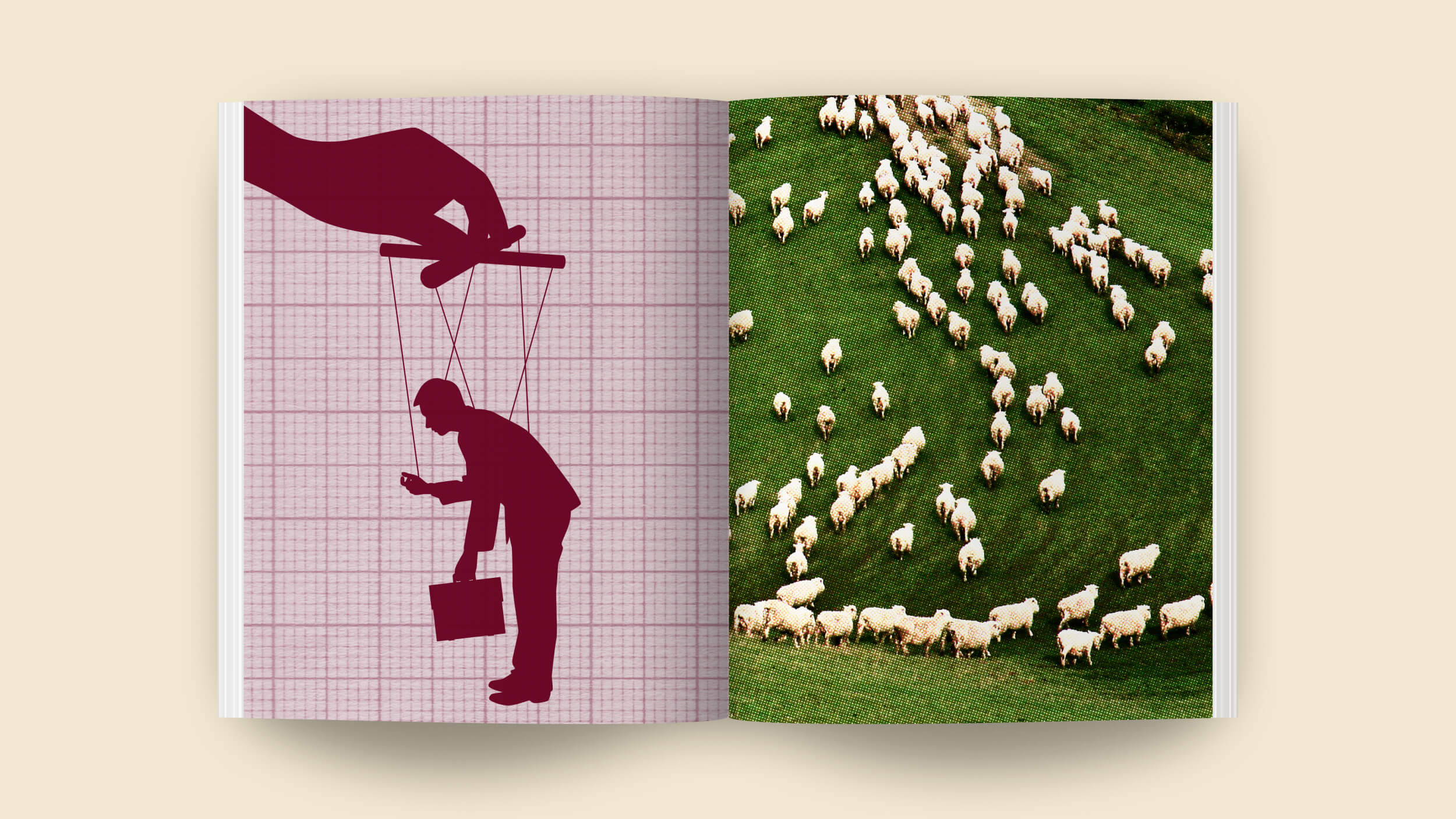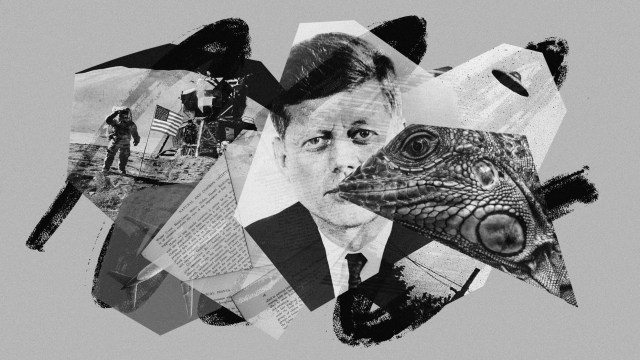Why People Use Information Avoidance to Choose Their Own Reality

Researchers from Carnegie Mellon University pinpointed the strategies that modern people rely on more and more to support their own versions of reality. On the surface, it may seem that rational people would always want to have more information, but that is often not the case. In fact, people actively avoid information that they feel might threaten their sense of wellbeing or happiness.
In a new paper that was published the Journal of Economic Literature, the team drew on cross-disciplinary research from economics, psychology and sociology to show how people use a variety of information avoidance strategies.
One way – by simply not obtaining available information. Just don’t ask for it. Another – people tend to only pay attention to the information that confirms what they already believe or is somehow making them feel good about themselves. The information that they’d rather see as untrue, people simply forget.
“The standard account of information in economics is that people should seek out information that will aid in decision-making, should never actively avoid information, and should dispassionately update their views when they encounter new valid information,” said the economics and psychology Professor George Loewenstein, the paper’s co-author who also co-founded the field of behavioral economics.
“But people often avoid information that could help them to make better decisions if they think the information might be painful to receive. Bad teachers, for example, could benefit from feedback from students, but are much less likely to pore over teaching ratings than skilled teachers,” Loewenstein explained.
When confronted with information they cannot just ignore, people still choose how to interpret it. They allow their biases to elevate questionable evidence if it agrees with their views and discount vigorously proven scientific evidence if it goes against their beliefs.
There are also other real-world consequences to living in your own bubble and avoiding information. These are people who miss chances to catch and treat serious illnesses early or do not prepare financially for retirement. In what has been called “the ostrich effect” in behavioral finance, investors were found to check their online portfolios less frequently when the stock market was down.
The researchers see clear connections between their work and the political division currently plaguing American society, which is also undergoing a crisis of information. People are struggling to discern the truth between alternative facts, fake news, hacked emails and conspiracy theories.
“An implication of information avoidance is that we do not engage effectively with those who disagree with us,” said David Hagmann, a Ph.D. student involved in the research. “Bombarding people with information that challenges their cherished beliefs — the usual strategy that people employ in attempts at persuasion – is more likely to engender defensive avoidance than receptive processing. If we want to reduce political polarization, we have to find ways not only to expose people to conflicting information, but to increase people’s receptivity to information that challenges what they believe and want to believe.”
There are also some positive aspects to avoiding information. It’s a mental strategy that can help in certain situations. For instance, an athlete might not want to have too much information about competitors to not get psyched out.
“People do it for a reason,” said Professor Golman, the paper’s other co-author. “Those who do not take a genetic test can enjoy their life until their illness can’t be ignored, an inflated sense of our own abilities can help us to pursue big and worthwhile goals, and not looking at our financial investments when markets are down may keep us from selling in a panic.”
The scientists see their research leading to better understanding by the government and any large organization looking to reach people most effectively.





